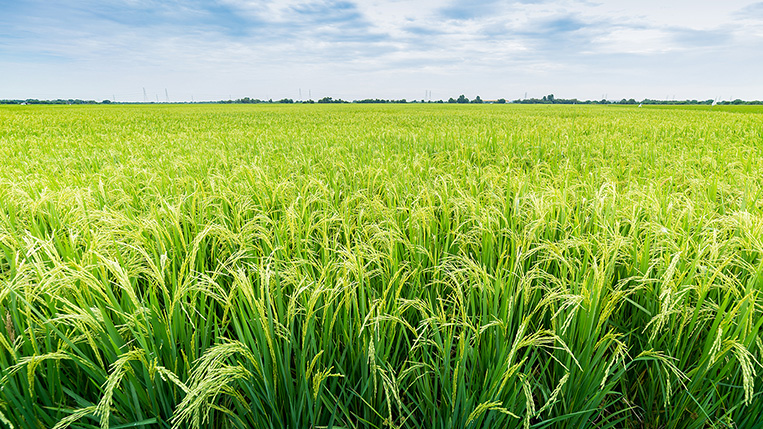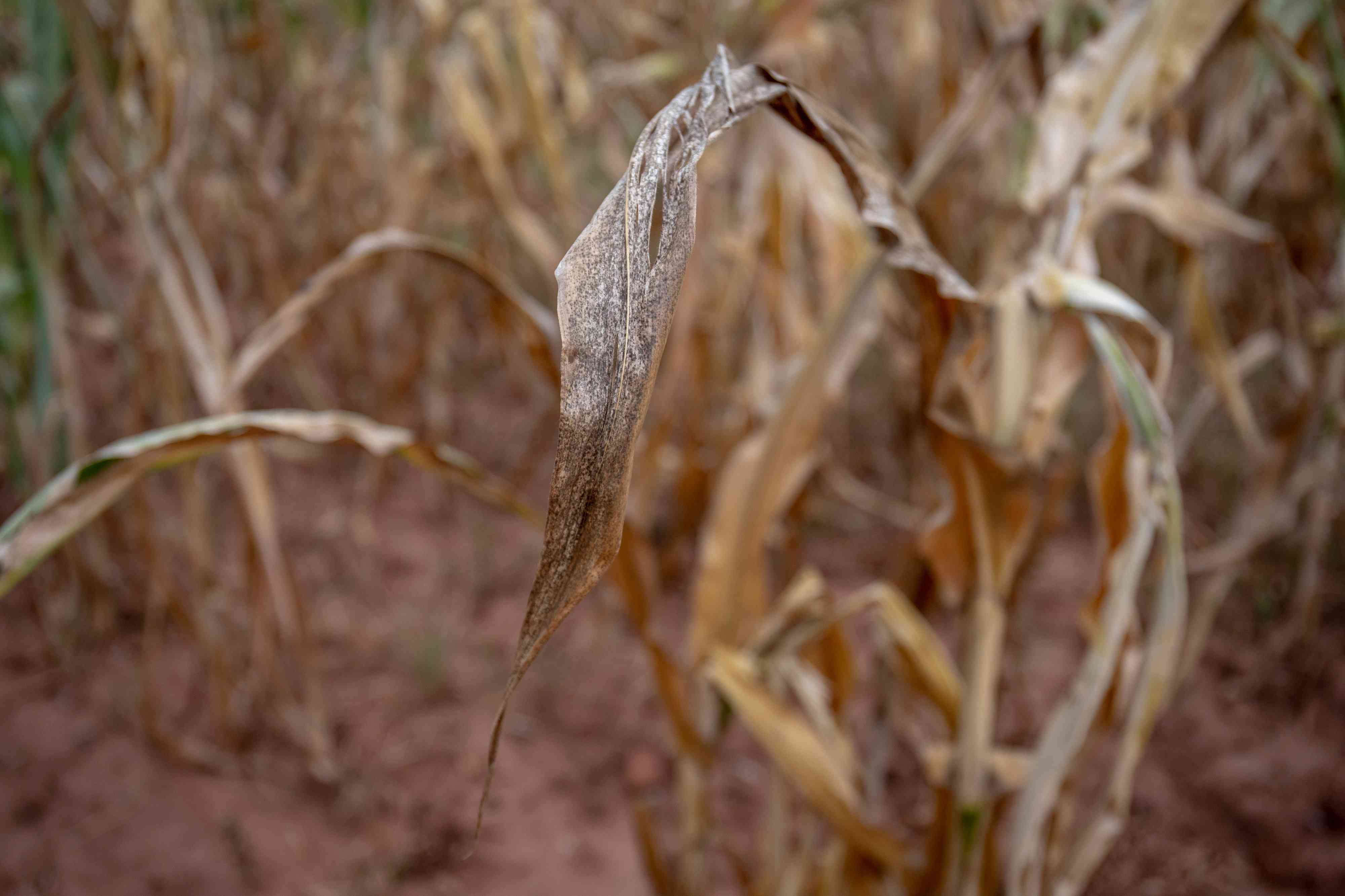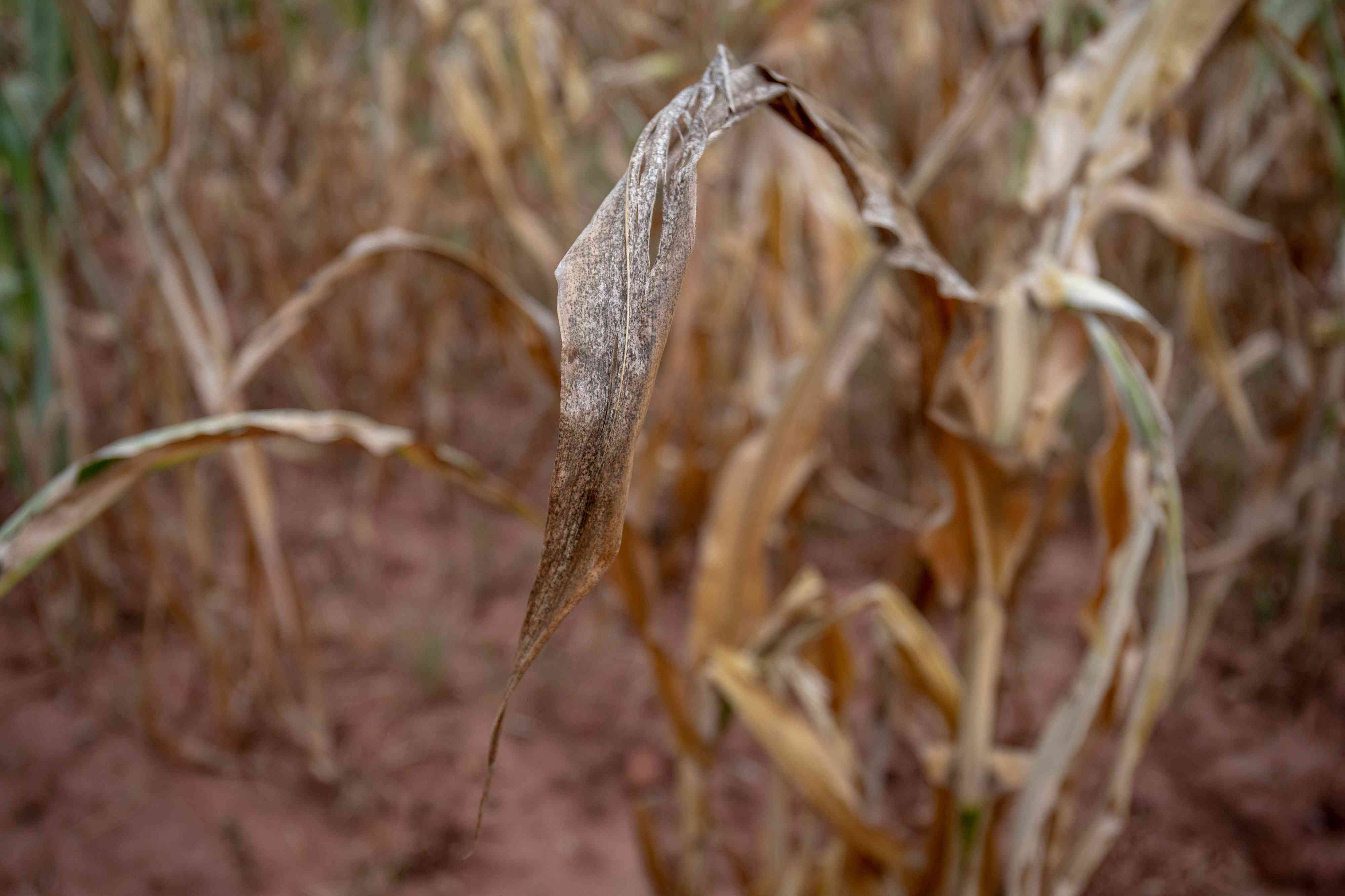
BY FREEMAN MAKOPA GOVERNMENT has announced plans to review the Agriculture and Food Systems Transformation Strategy to guarantee maximum productivity across all subsectors of agriculture, a Cabinet minister has said.
The strategy was launched last year to transform the agricultural economy.
“The Agriculture and Food Systems Transformation Strategy will, therefore, be reviewed to guarantee maximum productivity and to appropriately plan for increased production and productivity across all sub-sectors of agriculture. This will entail distributing seeds according to the regions in which they produce optimal yields. The targets have been discussed and agreed by all provinces, led by the ministers of State for Provincial Affairs and Devolution,” Information minister Monica Mutsvangwa told journalists at a post-Cabinet briefing this week.
She said it was imperative that Zimbabwe achieves food security despite the effects of climate change, and the review would seek to accelerate climate — proofing agriculture at household and commercial levels.
The sector has of late been hit hard by the impact of the COVID-19 pandemic and the disruption of global supply chains for food, fuel and fertiliser due to the Russia/Ukraine conflict which have heightened the need for Zimbabwe to attain its own seed, food, feed, fibre, bio-oils and bio-fuels security.
“The nation is advised that one of the biggest constraints to increasing productivity is soil acidity. More than 70% of Zimbabwean soils are acidic and require liming in order to correct pH for optimum crop productivity,” she added.
Mutsvangwa said the National Enhanced Agriculture Productivity Scheme and the Special Programme for Import Substitution will be funded through AFC and CBZ banks under government performance guarantees.
Under the Presidential Rural Development Programme, a total of eight drilling rigs have been distributed, one to each of the rural provinces. An additional 30 rigs are expected in September this year.
- Chamisa under fire over US$120K donation
- Mavhunga puts DeMbare into Chibuku quarterfinals
- Pension funds bet on Cabora Bassa oilfields
- Councils defy govt fire tender directive
Keep Reading
The Emergency Food Production is supported to the tune of US$25,5 million to increase cereal production, while oil seed production, fertiliser distribution and policy support to mitigate the food crisis and build resilience for 180 000 farmers.
However, indications are that 97% of the country’s tobacco would be grown under contract. The area under production is expected to be 129 500 ha with an estimated volume of 190 to 200 million kilogrammes of flue-cured tobacco against a tobacco Transformation Plan Target of 275 million kilogrammes.
As of July 25, 2022, grain stocks stood at 450 407 tonnes, comprising 393 183 tonnes of maize, and 57 223 tonnes of traditional grains. Regarding farmer payments, a total of $2 166 980 068,10 and US$ 3 687 793 were received from treasury.
Grain delivered to date is valued at US$ 3 752 460, giving an outstanding balance of US$ 64 486,42. The closing wheat stocks stand at 33 268 tonnes and Wheat stocks are sufficient for local requirements, however, millers should import at least 9 000 tonnes monthly.
The country has a record wheat crop planting of 78 798 hectares, which is 8 213 hectares above the previous record crop of 70 585 hectares achieved in 2004.
- Follow us on Twitter@NewsDayZimbabwe











